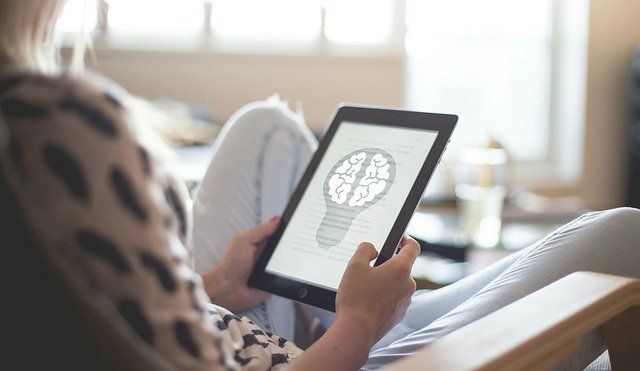3 Rules for Finding Online Mental Health Resources
There is a lot of information about anxiety, depression, and mental illness online. While some of it is true and helpful, a lot of it is false and damaging. It’s hard to figure out who you can trust. Here are 3 key rules for finding excellent mental health information online.
Is Everyone a Mental Health Expert?
No. Unfortunately, the internet doesn’t ask you to provide information on your training and experience. Anyone can post anything they want about themselves. There are also no fact-checkers going through everything that’s posted.
When you look up information about OCD, ADHD, Anxiety Disorders, and other life situations that cause anxiety, you will get thousands of results. Not all of them are helpful. Some may even be dangerous.
3 Key Rules to Help You Find Good Information On-line About Mental Health Issues
By following these 3 rules, you increase your chances of finding legitimate, useful information about mental health issues like anxiety, OCD, and depression:
- National associations, hospitals, and universities are good sources of information.
- Examples: Mayo Clinic, Johns Hopkins Hospital, and the International OCD Foundation.
- Look for blogs and articles written by mental health professionals who specialize in treating whatever you are struggling with.
- Examples: Anxieties.com by Dr. Reid Wilson, Grief.com by Dr. David Kessler.
- If someone claims to treat everything, leave their site. No one can treat everything.
- Look for certain letters after the specialist’s name. These letters indicate they have had a certain amount of official training and have to meet certain requirements to keep their license: Ph.D., Psy.D., LCSW, MSW, LPC, MFT.
- Use blogs carefully. Blogs written by people who are dealing with different disorders can be helpful but tricky.
- It can be incredibly helpful to learn that you’re not the only one struggling with something.
- Remember that everyone’s story is different in some way. Don’t panic or blame yourself if your story is different from someone else’s.
- If you read something that appeals to you, get information about it from a professional and/or from an organization devoted to that condition/disorder.

Taking Important Next Steps
Knowledge is so important. Becoming an expert in whatever you are struggling with is an essential part of getting better.
We have a lot of information at our fingertips. Unfortunately, there are people who take advantage of that.
You have to protect yourself and those you care about.
Make sure the information you get for yourself, a family member, or friend is true and useful.
Please give us a call when you’re ready to tackle your challenges and get on a path to the life you want.
Please contact us to set up an appointment.
We can help give you information, a map for next steps, and hope that you can have the life you want.
Wishing you the best,
Dr. Levy
Director
Dr. Ronit Levy is a clinical psychologist and director of Bucks County Anxiety Center in Newtown, PA. She specializes in treating teens and adults struggling with anxiety due to Anxiety Disorders, OCD, chronic illness, and life events. Dr. Levy trains and supervises other therapists and presents on mental health in the community.
Anxiety & OCD Blog Latest Posts
About Us
The therapists who practice at Bucks County Anxiety Center work with teens (ages 14 and up) and adults struggling with anxiety and OCD.
All Rights Reserved | Bucks County Anxiety Center




